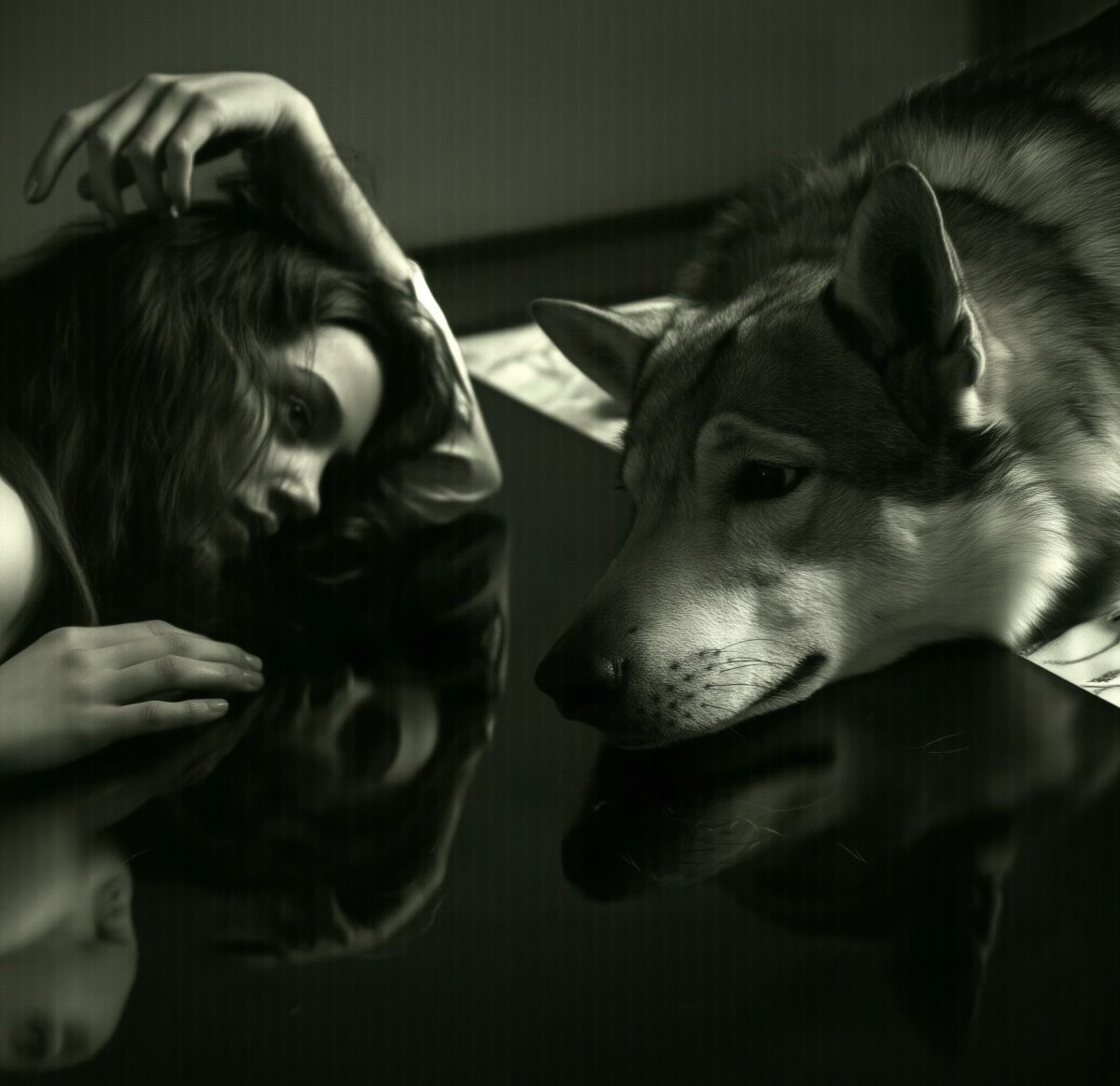
Cancer: Backwards Not Forwards
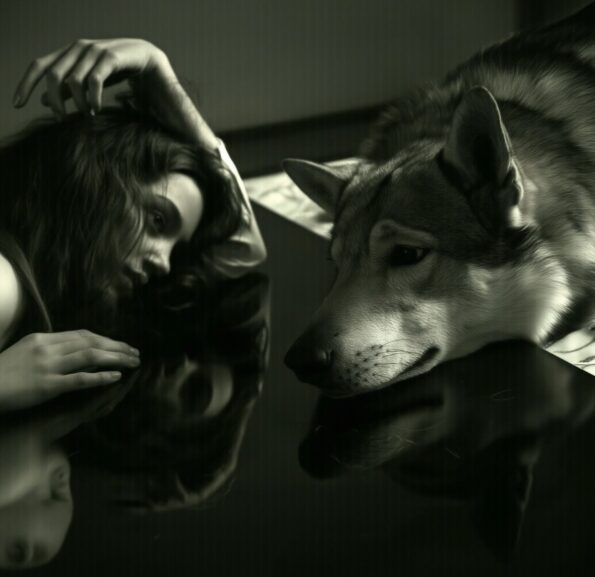 Cancer is the watery wanderer of the zodiac, whose pincers grasp so lovingly, sometimes so desperately, at the past. This is the sign of the moon-dweller, the keeper of tides, the private soul. Here, feelings are pressed deep, ready to be triggered at the slightest scent of memory. Here we encounter our earliest longings: the infant’s cry for comfort, the child’s silent hope that love will arrive and stay. This isn’t trivial sentimentality—it is foundational. These early emotional exchanges form the base of our inner reality. They tell us whether the world is a safe place or a cold void, whether affection is something we must earn, or something freely given. But when those first needs go unmet, or are inconsistently fulfilled, Cancer doesn’t rage. It retreats. It curls into its shell. It doesn’t stop feeling—it starts hoarding. It clings to yesterday’s warmth as if it might compensate for today’s chill. Every old love, every lullaby, every bittersweet recollection is filed away.
Cancer is the watery wanderer of the zodiac, whose pincers grasp so lovingly, sometimes so desperately, at the past. This is the sign of the moon-dweller, the keeper of tides, the private soul. Here, feelings are pressed deep, ready to be triggered at the slightest scent of memory. Here we encounter our earliest longings: the infant’s cry for comfort, the child’s silent hope that love will arrive and stay. This isn’t trivial sentimentality—it is foundational. These early emotional exchanges form the base of our inner reality. They tell us whether the world is a safe place or a cold void, whether affection is something we must earn, or something freely given. But when those first needs go unmet, or are inconsistently fulfilled, Cancer doesn’t rage. It retreats. It curls into its shell. It doesn’t stop feeling—it starts hoarding. It clings to yesterday’s warmth as if it might compensate for today’s chill. Every old love, every lullaby, every bittersweet recollection is filed away.
Virginia Woolf, in her subtle, shadowy way, says that the past is where we feel most fully, most unreservedly. There is a certain romance to this—the idea that our emotional lives are richest in the rearview mirror, that love is something that fully blooms only once it’s out of reach. And who among us hasn’t wept over an old song, or yearned for a moment we didn’t appreciate until it had vanished? But here’s where the melancholic moonlight of Cancer must be tempered. Because while the past may be the Full Moon—whole, resplendent, pregnant with meaning—it can also blind us. Too much light, after all, and the eyes begin to ache. When we stay too long in its lunar glow, we start to lose contact with the present moment, which is always messier, more uncertain, and far less cinematic.
To live entirely in memory is to risk emotional stagnation. And perhaps worst of all, we begin to believe that our best feelings are behind us—that the real thing has already happened, and all that’s left now is shadow. But it cannot be true. Because life, even in its most aching ordinariness, keeps offering new chances to feel. The Moon may wax and wane, but it never disappears. The feelings that began in the cradle do not have to end there. They evolve. They expand. They turn from need into offering, from hunger into nourishment. We become the givers of the very comfort we once lacked. And in doing so, we create new memories—ones we’ll look back on with just as much poignancy, but without regret.
So Cancer looks back. But that doesn’t mean it must remain there. The crab, for all its sideways movement, does make progress. Slow, deliberate progress. Let the past guide you, inspire you, inform you—but do not let it become your prison. Let it be the lullaby, not the life.
Been and Gone
Nothing from the past can be resurrected in its purest form. The moment we try to return, it slips like water through our fingers. The scent of a childhood room, the laughter of someone now silent, even the way we once felt in a moment of joy or pain—all of it, once gone, is ungraspable. This is the human condition, the ache behind all art: we are creatures who remember. This sign isn’t interested in entering into the great unknown. No. Cancer turns its gaze inward and backward. It asks, not what’s next, but what did that mean? Why did it hurt like that? Why do I still think about that kiss, that look, that moment I didn’t speak?
Cancerian energy is lunar, tidal—it pulls at the psyche with invisible hands, drawing us toward the inner landscape, the realm of the subconscious, the dreamy soup of half-formed thoughts and feelings that don’t always make linear sense. It is the first point in the zodiac where feeling outweighs function, where subjectivity becomes reality. And it’s here that we develop attachments to moods, places, ideas, and stories about who we are and what we deserve. We start to form emotional preferences, biases, and patterns—many of them before we even know we’re doing it. Like the crab, we choose our shell early on, and then we carry it with us, home and armor in one.
When life becomes too jagged, too loud, too unfamiliar, we seek refuge in this Cancerian cave. It’s not regression in the immature sense—it’s a kind of spiritual hibernation. We need to feel safe before we can feel anything else. And Cancer provides that. It says, “Come here. Rest. Remember who you were before the world got to you.” It is deeply maternal energy, not always from a mother, but from the primordial sense of being held, understood, protected. But as with all things lunar and watery, there’s a danger of drowning in the depths. Introspection can become obsession. Reflection can become rumination. There’s a fine line between honoring the past and being haunted by it. Cancer’s great gift is empathy, for others and for the self—but when their empathy turns inward without balance, it can become self-pity or inertia. We sit too long with the pain, stroking it like an old friend, instead of letting it move through us.
Yet, the beauty of Cancer is that it feels. In a world that often rewards emotional numbness or stoic detachment, Cancer dares to care. Its emotional attachments aren’t weaknesses—they are testaments to connection. To be biased towards love, comfort, belonging—this is not folly. It is survival. So nothing from the past can be reclaimed in its original form—but we can reinterpret, reimagine, and reattach. Memory is not the enemy. It is the soil in which we plant our next great feeling.
The Mood Swinger
The Moon is our nocturnal puppeteer, tugging gently on the strings of our hearts with its silvery fingers. In Cancer, its influence is strongest, most maternal, most maddening. This is rarely the clean, sterile light of reason. It’s the lunar glow of dreams and dread, of feelings that swell without warning and crash against the shores of logic. And it is precisely because Cancer dares to look inward, dares to probe the swamp of introspection, that its moods fluctuate so wildly. The deeper one dives into the psyche, the more strange and sudden creatures one encounters.
There’s a kind of emotional vertigo that comes with living so close to the inner world. One moment you’re recalling a beautiful exchange from years ago; the next, you’re crying because someone looked at you the wrong way in the supermarket. The Moon doesn’t ask, “Is this rational?” It asks, “Does this feel familiar?” And so, Cancer responds not always to what’s happening now, but to what has happened—ten years ago, perhaps, or in a dream, or in some wordless impression formed in early childhood.
This makes the Cancerian experience rich and imaginative, but also treacherous. Emotional arousal, like a sudden squall on the sea, can capsize even the most stable little vessel. A mild slight can stir up the memory of every time one has ever been ignored, belittled, unloved. The Moon, after all, does not only shine on what is—it casts shadows, too. It illuminates the emotional memory. And so, under its rule, the reaction is rarely about this incident. It’s about all of them.
Water signs—Cancer, Scorpio, Pisces—swim in these deep currents. But while Scorpio seeks control through intensity, and Pisces dissolves into empathy or escape, Cancer clutches and cradles. It wants to feel everything, to give meaning to every ripple. But this emotional openness is a double-edged shell: it allows for profound connection, but it also makes one exquisitely sensitive to perceived slights or threats. And here’s the paradox: the emotional response often exceeds the emotional stimulus. It’s not that the thing didn’t matter—it’s that it mattered more to the part of us that remembers every wound, every joy, every unmet need. The Moon doesn’t just pull up the past—it regulates how we react to it. It governs our inner weather system, forecasting storms with feelings.
The lunar temperament may be erratic, yes, but it is also attuned to subtleties that others miss. A Cancerian soul can feel the temperature of a room without a word being spoken. They know when someone is hurting, even if that hurt is buried beneath layers of smiles. This is magic, albeit a sometimes volatile magic.
The Full Moon
At the heart of lunar living is the endless cycle of coming and going, of presence and absence, of becoming and unbecoming. The Moon, our mirror, is in constant flux, never staying the same, never offering a fixed identity to cling to. And Cancer, the guardian of memory and meaning, is forever caught in its tide. Where the Sun strides forward, confident and sure, casting everything into sharp relief, the Moon speaks in riddles. It doesn’t shine—it reflects. It doesn’t create—it remembers. The Sun says, “Here I am,” but the Moon asks, “Who were you then? And what are you now?” This dichotomy—manifestation versus non-manifestation, the known versus the unknown—is the psychic battleground upon which Cancer must dance.
The fear of change is within all of us. What if I outgrow the self I once loved? What if I lose the map that led me here? Cancer clings out of reverence. To let go of a version of oneself is a kind of death, and Cancer, ruled by the Moon’s phases of birth, fullness, and decline, feels every mini-mortality along the way. Every ending, no matter how small, speaks to the deeper loss we all carry: the impossibility of remaining the same. The Yin-Yang duality adds another layer to this lunar puzzle. Yin, the receptive, the hidden, the soft—is Moon energy. It is not meant to charge forward like the Yang Sun, but to hold space, to process, to remember, to mourn. It embodies the pause, the in-breath before the out-breath. Cancer is the archetype of this pause. It is the still point in the turning world, but also the one most destabilized when the world insists on turning anyway.
This is the core of Cancer’s vulnerability: the reluctance to leave anything behind. Because with each phase the Moon completes, something is shed. The bright light wanes, the shadow grows, and what was once so visible becomes obscure. This constant shifting makes it difficult for Cancer to find a stable self-concept. Just when one emotional truth is found, another is lost. Just when we feel we know ourselves, we are invited—forced, even—to become someone new. And yet, there is a strange beauty in this lunar fear. Because in not wanting to let go, Cancer becomes the keeper of continuity. While the rest of us race ahead, distracted by novelty and ambition, Cancer clings to what matters. The family photo, the first kiss, the goodbye hug, the memory of how it felt when someone really saw us. This is resistance against a world that too easily forgets.
Still, the lesson of the Moon is that we must adapt. We cannot remain full forever. Even the brightest light must dim, must retreat into shadow. And so, though the unpredictability of tomorrow may terrify Cancer’s tender heart, it also holds the promise of rebirth. Each new phase is an opportunity to integrate it, to carry it forward in new form. We may not recognize ourselves tomorrow. But if we remain honest, if we remain tender, if we honor the cycles within us as we do the ones above us, then perhaps the changing face we see in the mirror will not be a stranger—but a friend we are meeting again, for the very first time.
“You can be pretty sure, in these cases, that childhood holds some memories that Cancer would rather forget. Many Cancers are perpetual wanderers, always seeking roots somewhere else. Often they are running away — from the past, from childhood, from Mother. It is about an eternal waning and waxing of life – like the moon, which rules Cancer. Cancer is a sign of phases, of cycles. The Cancer individual experiences these ebbs and flows of life-force, of creativity, of joy and sorrow, perpetually through his life. He is closer to the natural processes of Mother Earth than any other sign; many Cancers are in fact extremely vulnerable to the changes in climate and season, and go into a kind of hibernation during the winter. They may be slightly depressed, or listless, or lacking energy. Then, when the spring comes, they come to life again. Cancer is a sign of great complexity and depth. On the surface, you may catch the Cancer playing any role — he is a born actor, and his sense of camouflage and self-protection always compels him to play a part in any social situation. He may be giddy, giggly, moody, whining, sullen and sulky, affectionate, passionate, withdrawn, ecstatic. You can never be sure how he’s going to wake up in the morning. But beneath the kaleidoscope of shifting feelings and moods, beneath the hard carapace shown to an unfriendly world, there is this perpetual cycle of death and rebirth, of winter and spring and summer and autumn. This is why it is important for Cancer to be creative, to express himself emotionally in some way.” Astrology for Lovers
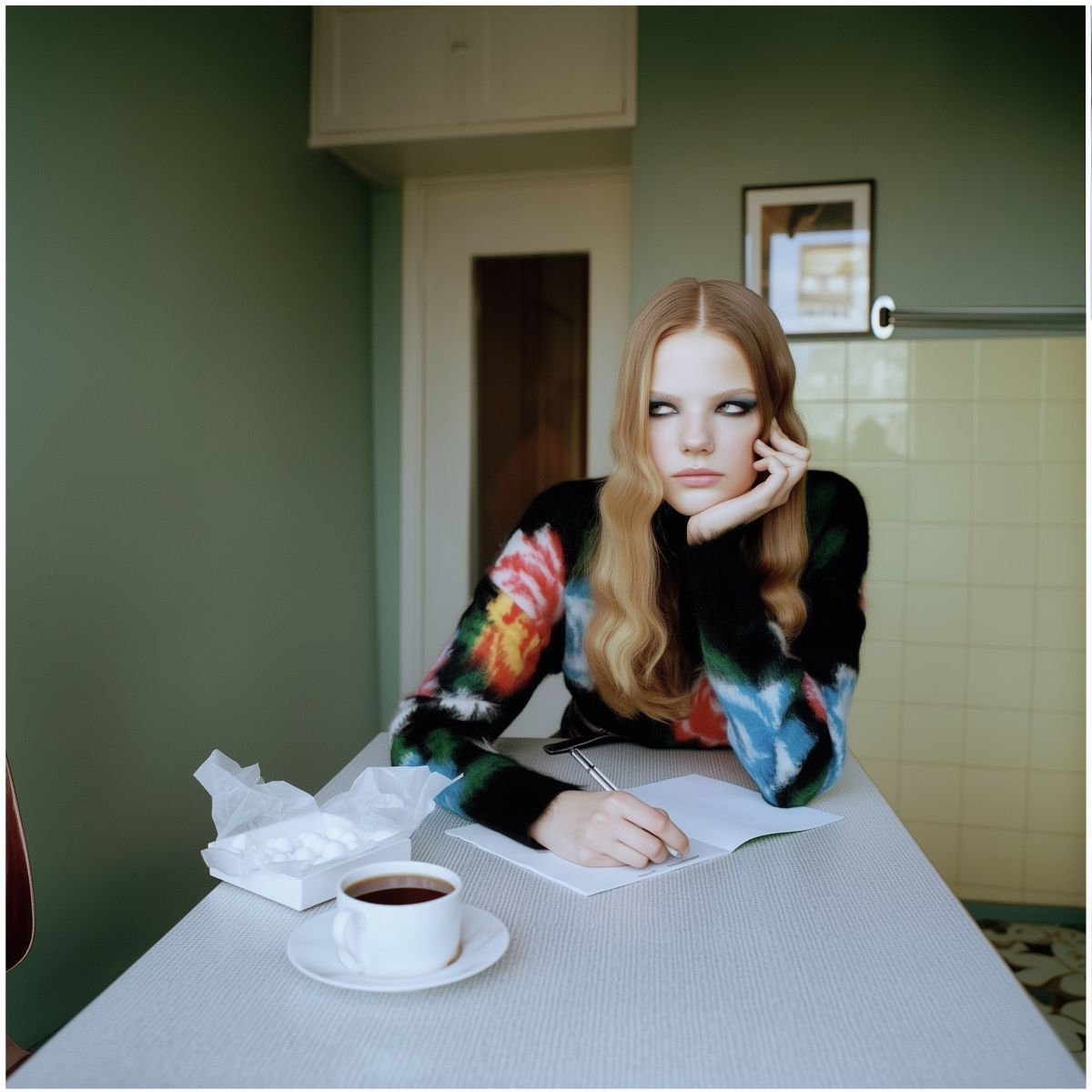



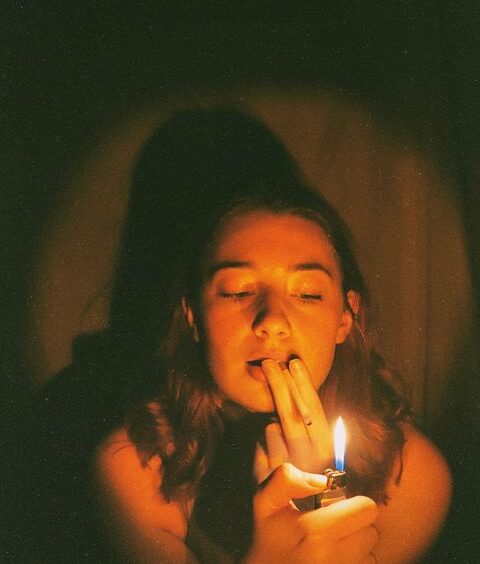
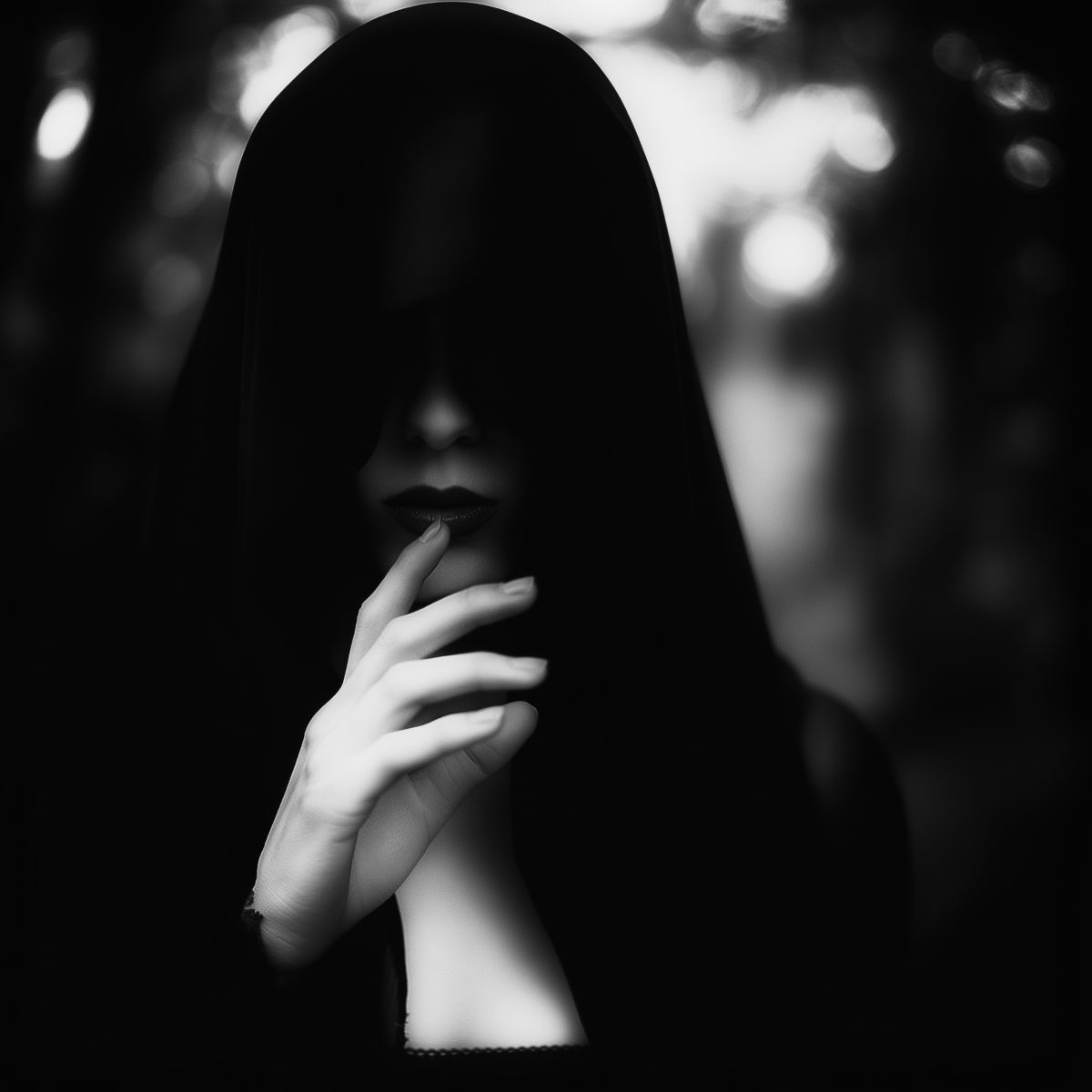
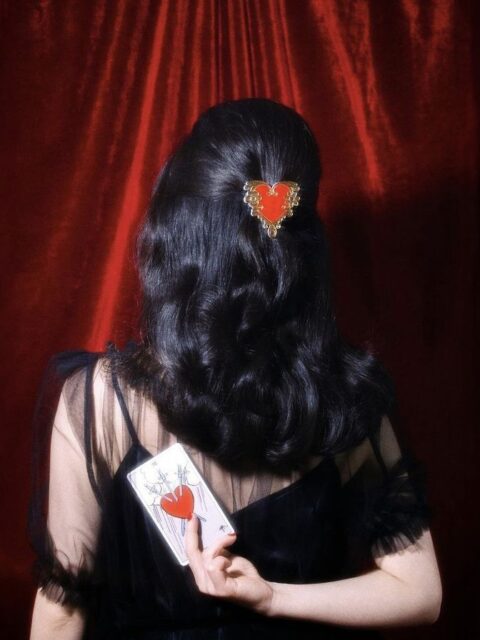
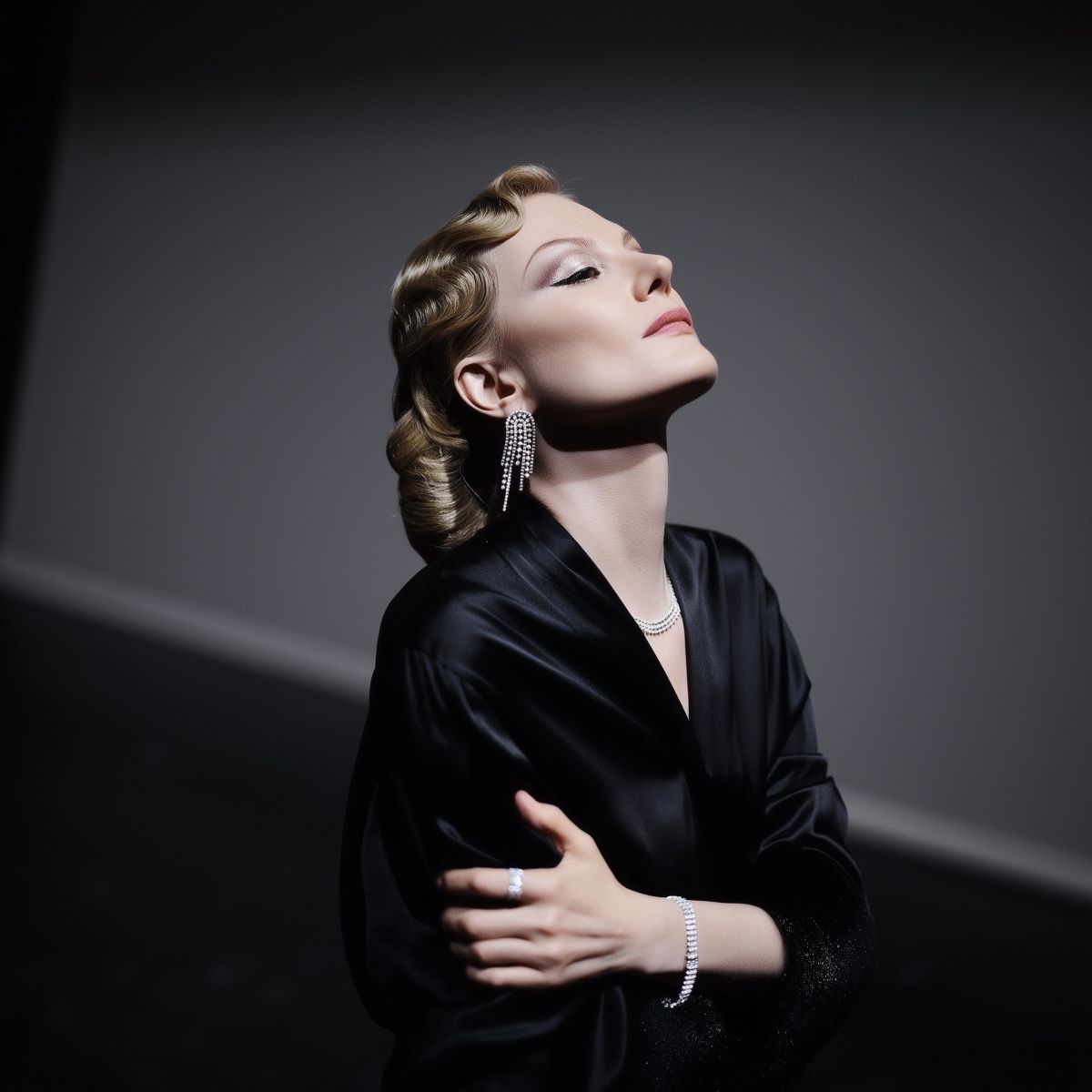 Material Mysteries: Pluto in the 2nd House, According to Astrological Research
Material Mysteries: Pluto in the 2nd House, According to Astrological Research
 The Dark Side of Taurus: Love, Obsession, and Self-Esteem
The Dark Side of Taurus: Love, Obsession, and Self-Esteem
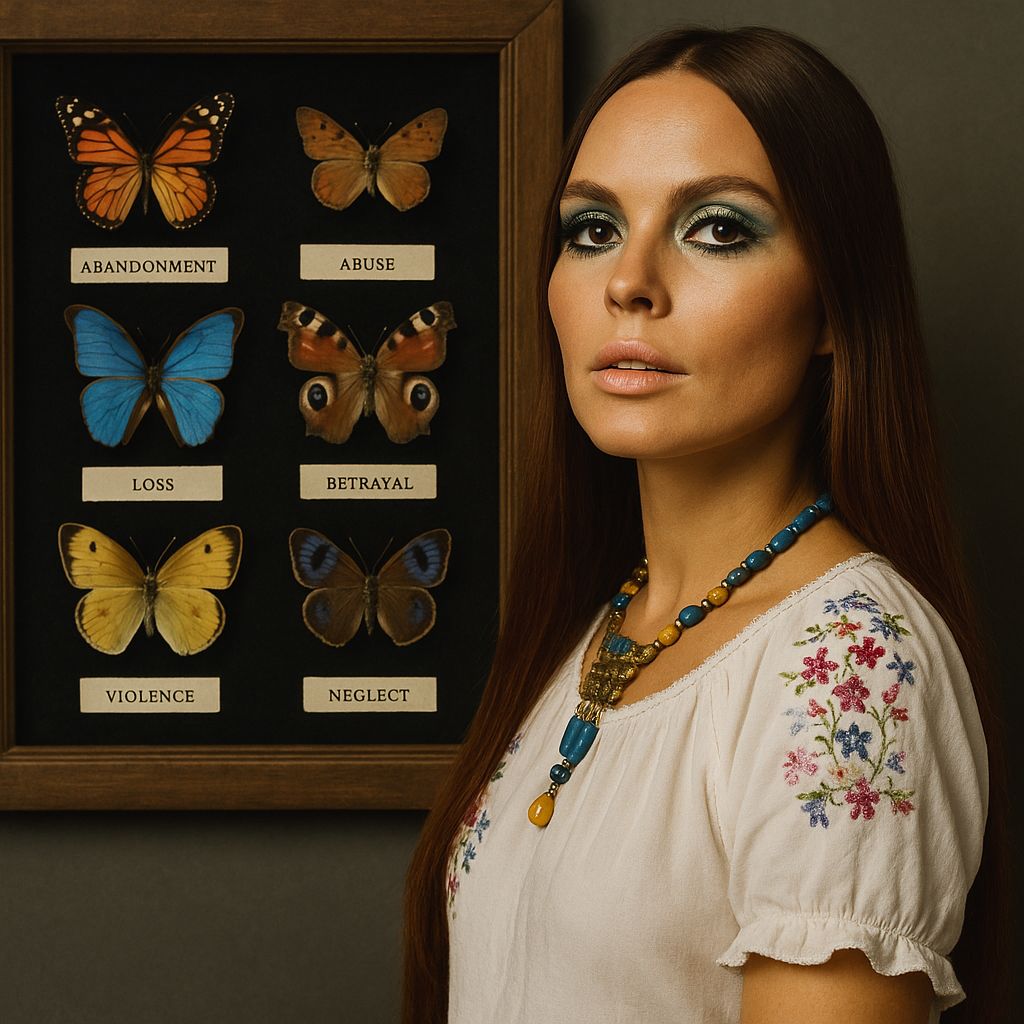 Signs You’re a Plutonian (Part 2)
Signs You’re a Plutonian (Part 2)
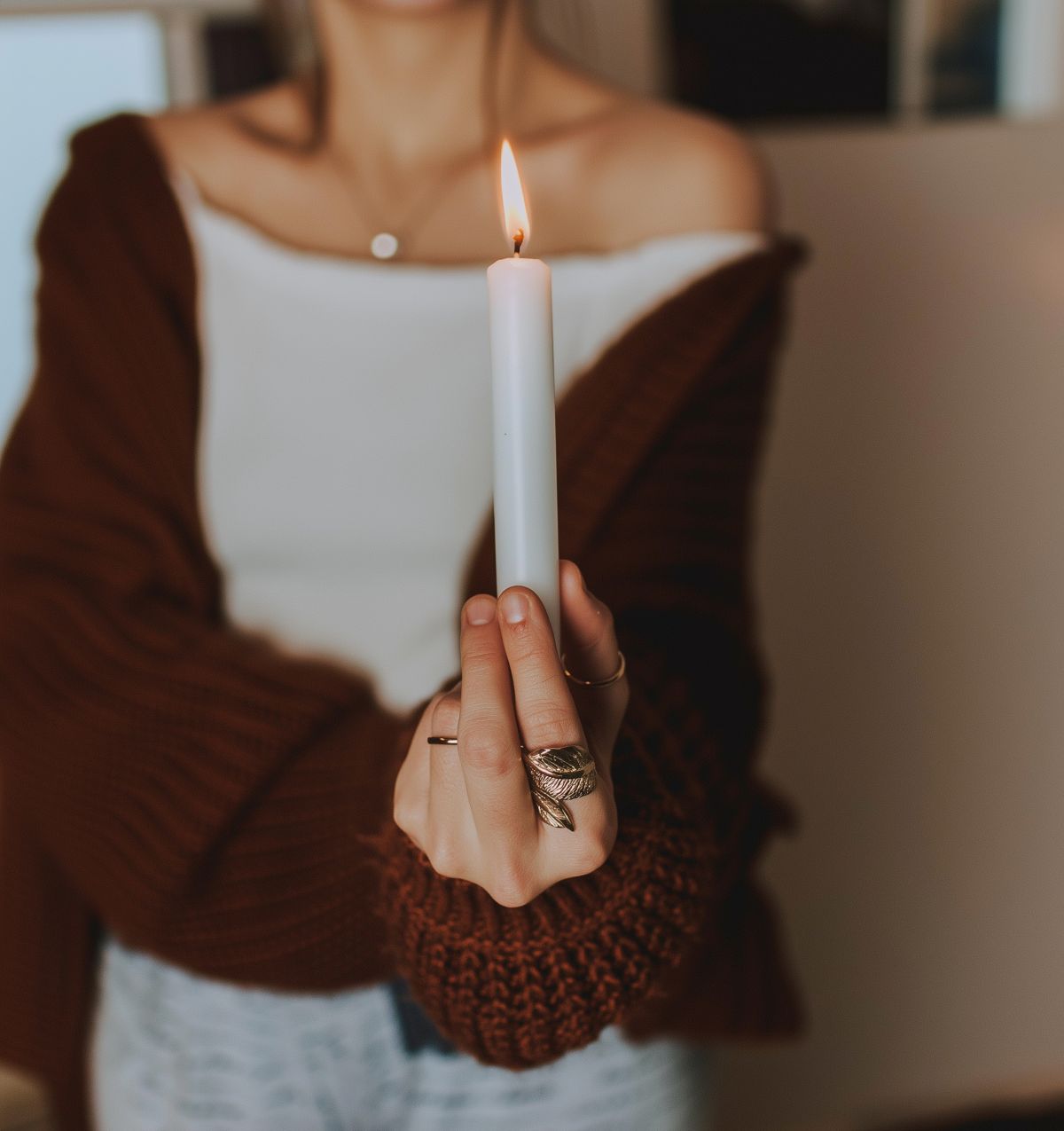 Moon Trine Mars Natal Aspect
Moon Trine Mars Natal Aspect
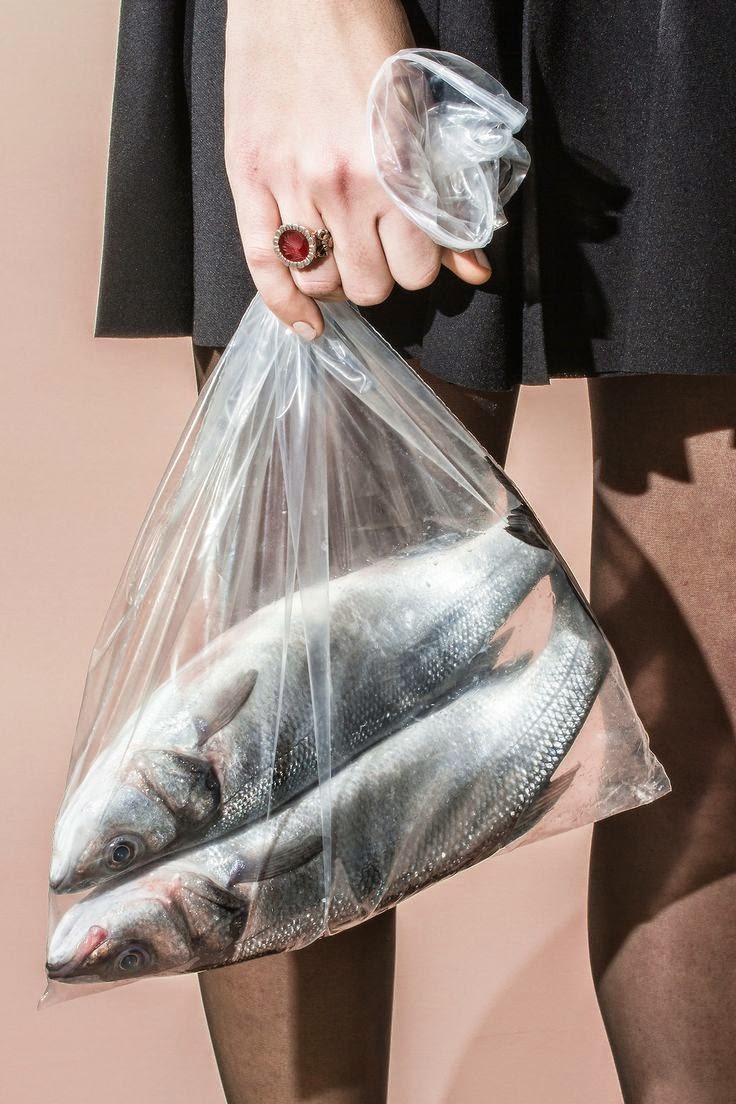 Pisces Fish Symbol Meaning
Pisces Fish Symbol Meaning
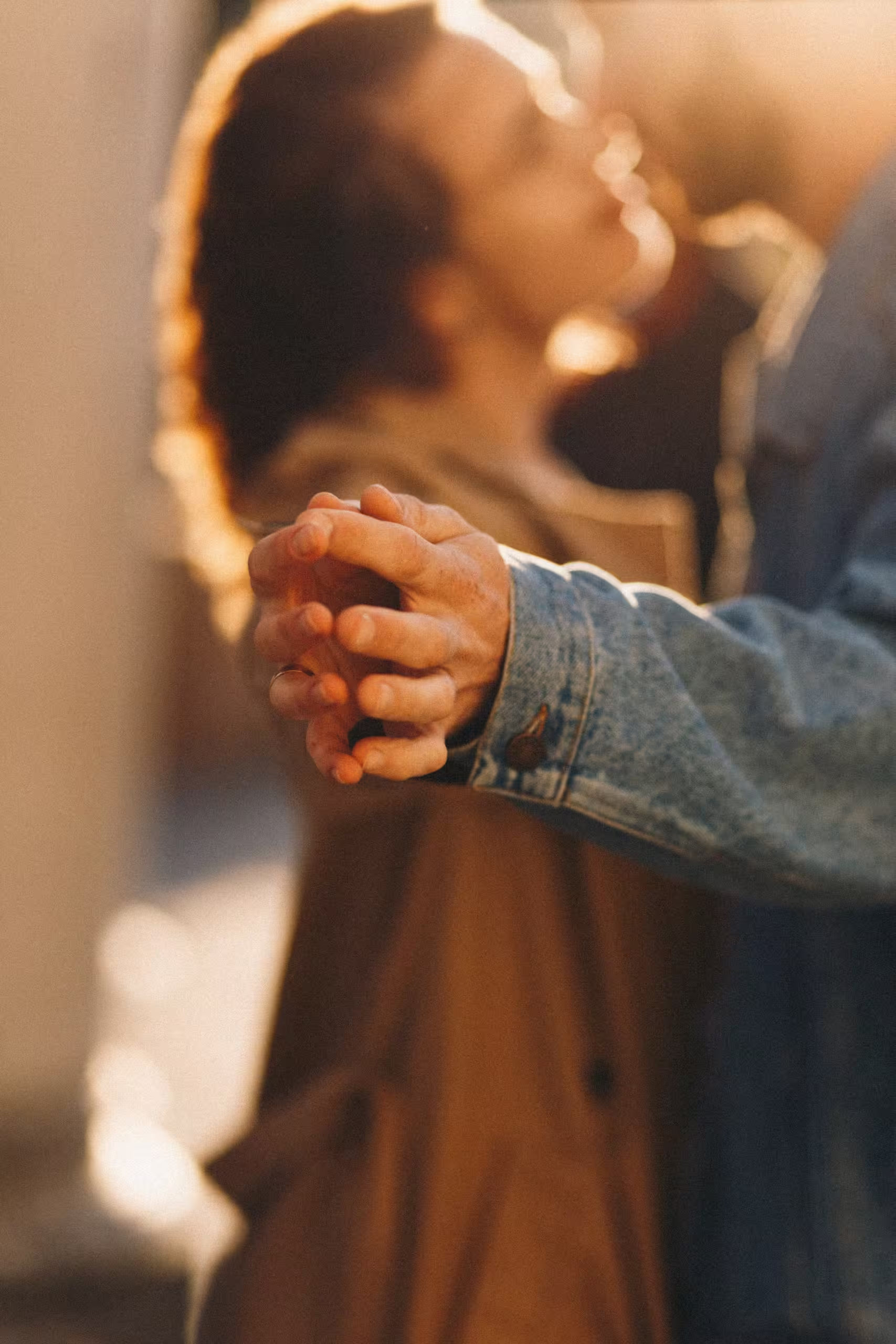 The Differences Between Synastry and Composite Charts!
The Differences Between Synastry and Composite Charts!
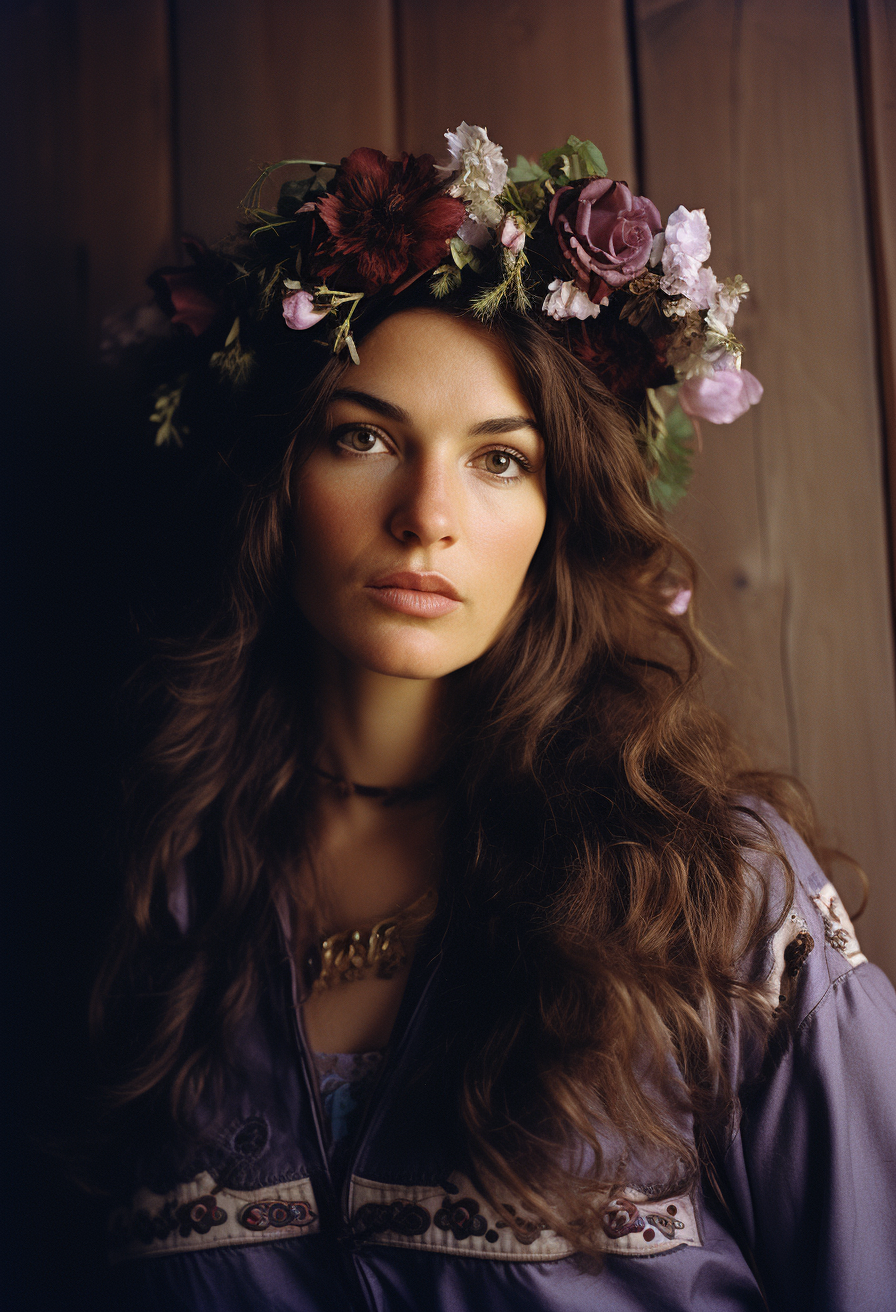 Taurus: Psychology
Taurus: Psychology
 Sun Square Pluto Natal Aspect: I Am Titanium
Sun Square Pluto Natal Aspect: I Am Titanium
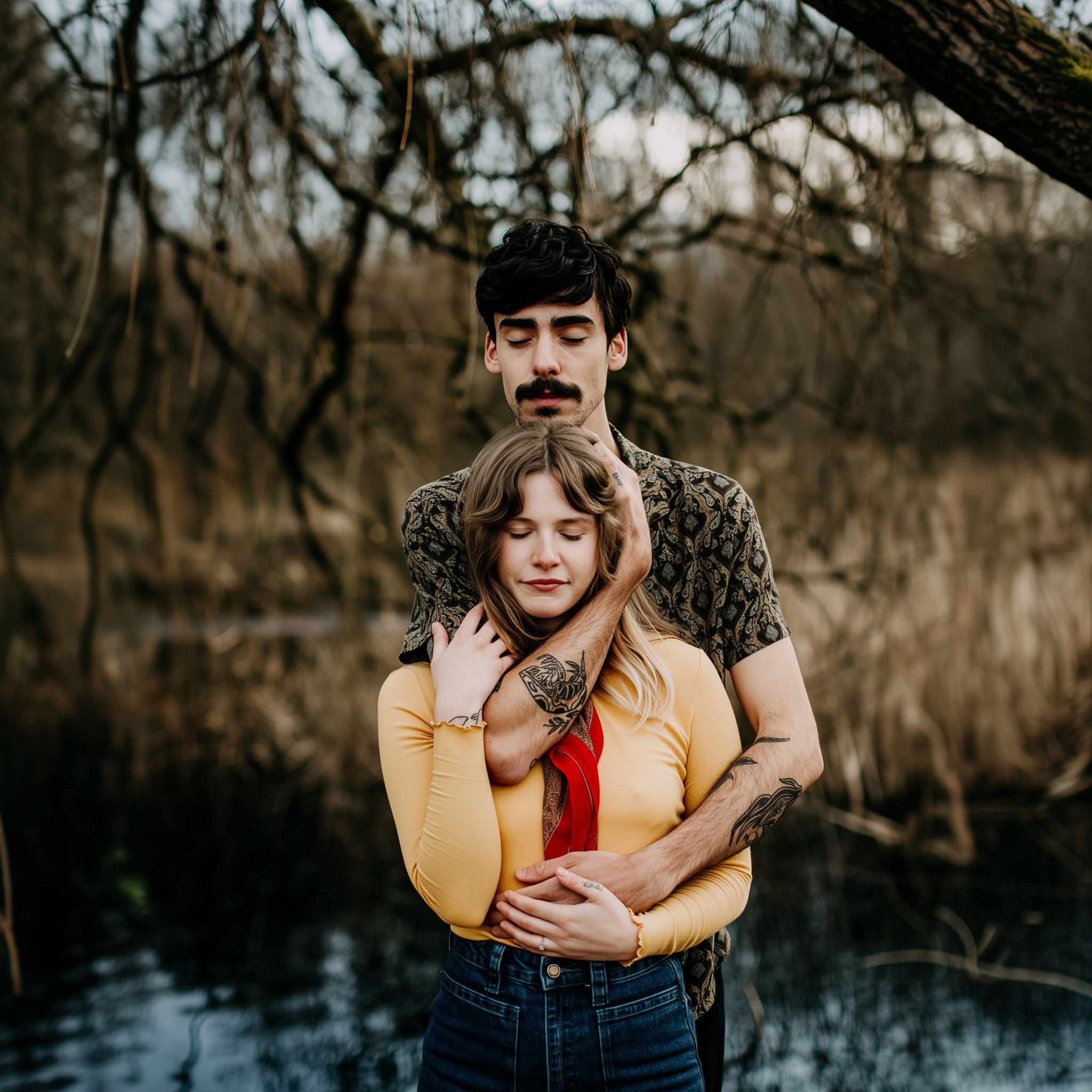 Sun Conjunct Pluto Synastry: Enlightening or Annihilating
Sun Conjunct Pluto Synastry: Enlightening or Annihilating
 Sun Square Pluto Synastry: You’ve Got That Power Over Me
Sun Square Pluto Synastry: You’ve Got That Power Over Me
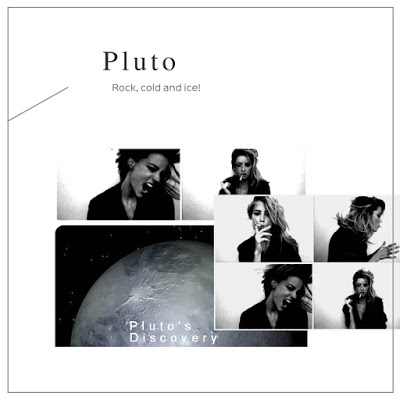 Pluto’s Discovery and Astronomical Features
Pluto’s Discovery and Astronomical Features
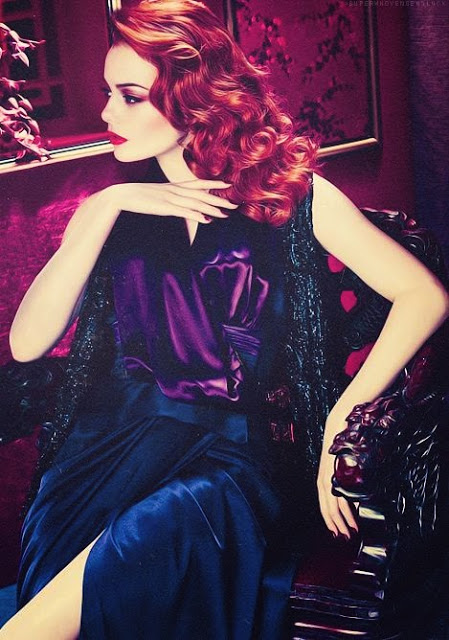 Jungian and Freudian Astrology: Part 1
Jungian and Freudian Astrology: Part 1
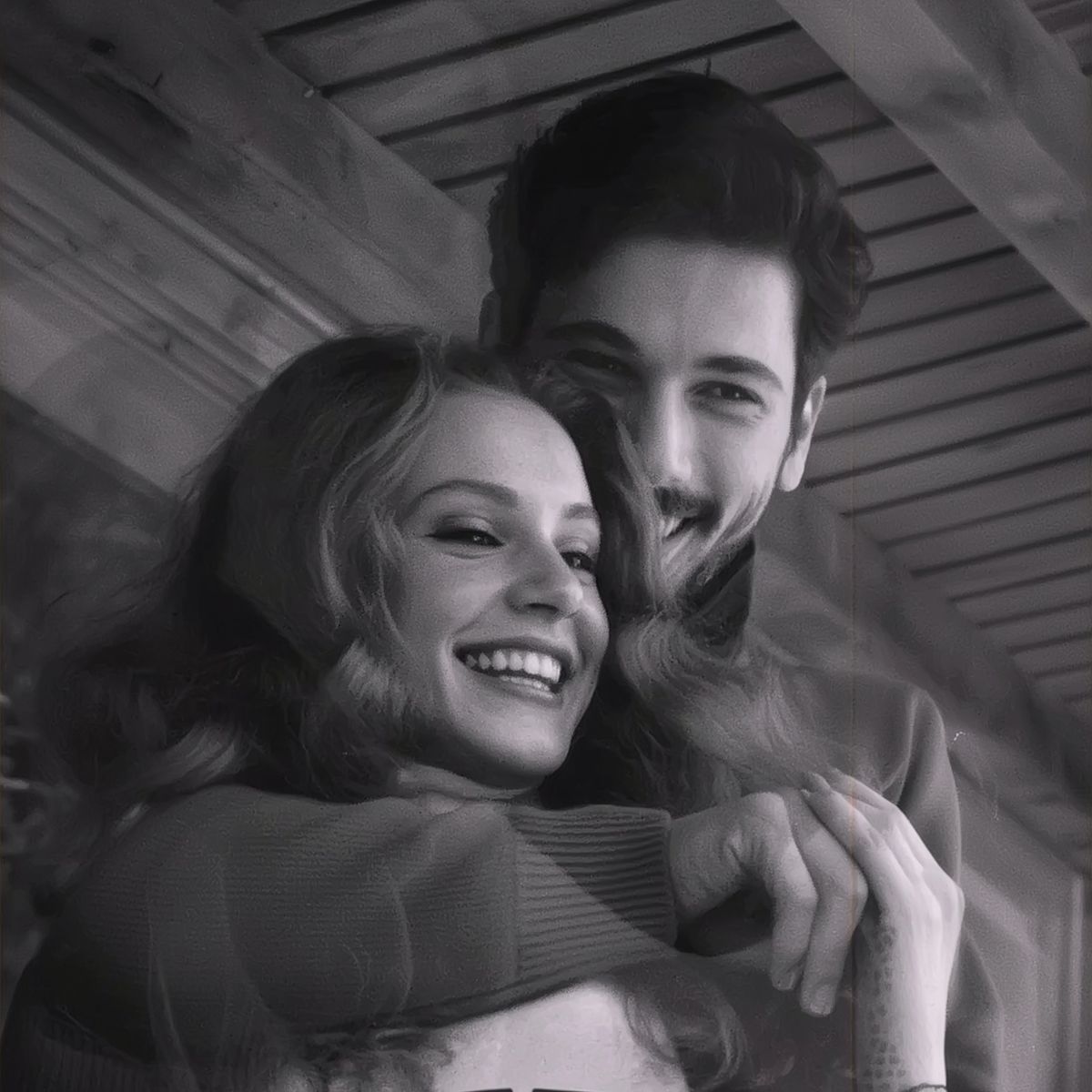 Venus Trine Saturn Synastry
Venus Trine Saturn Synastry
 Pluto: 13 Dark Truths
Pluto: 13 Dark Truths
 Mars Conjunct Pluto Synastry
Mars Conjunct Pluto Synastry
 Moonlight Psychology
Moonlight Psychology
 Neptune in the 1st House
Neptune in the 1st House
 Mars-Pluto Synastry: Something Quite Dark and Dangerous
Mars-Pluto Synastry: Something Quite Dark and Dangerous
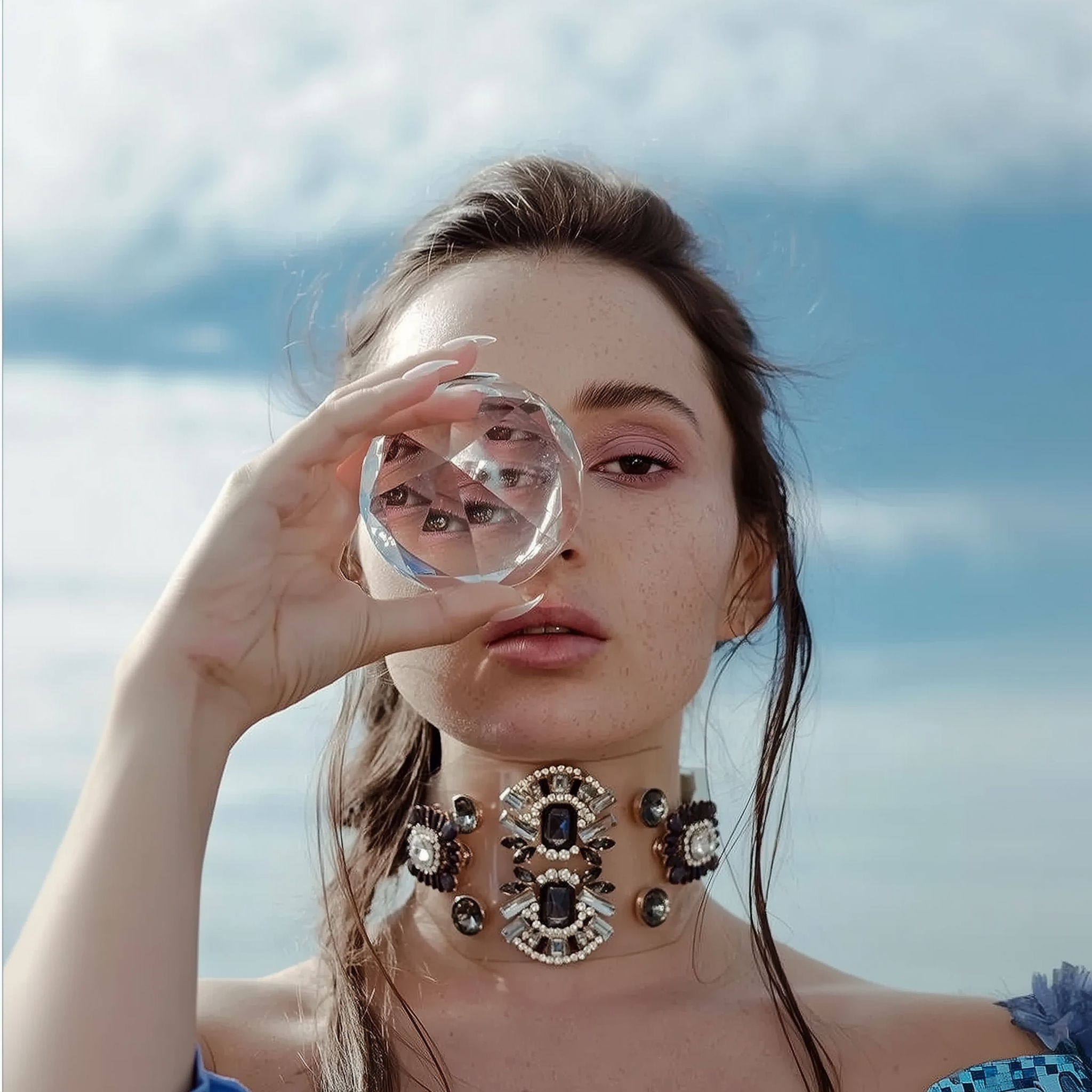 Moon Conjunct Uranus Natal Aspect
Moon Conjunct Uranus Natal Aspect
 Neptune in the 12th House
Neptune in the 12th House